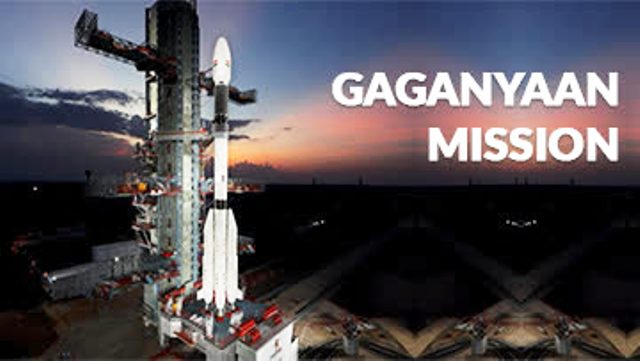New Delhi: Prime Minister Narendra Modi is set to unveil the identities of four esteemed test pilots currently undergoing rigorous training for India’s ambitious Gaganyaan Mission during his anticipated visit to the Vikram Sarabhai Space Centre (VSSC) in Thiruvananthapuram on Tuesday.
He will also inaugurate three important space infrastructure projects worth about Rs 1,800 crore.
The four astronauts are all either wing commanders or group captains – Prashanth Nair, Angad Prathap, Ajit Krishnan and Wing Commander Subhanshu Shukla.
Among these elite aviators is Group Captain Prashanth B. Nair, a skilled Sukhoi fighter pilot hailing from the verdant lands of Kerala, who has dedicated several years to the preparation for India’s visionary space endeavour.
Having completed their comprehensive training regimen in Russia, the quartet of test pilots is now immersed in acquainting themselves with the intricate nuances of the mission at a specialised unit of the Indian Space Research Organisation (ISRO).
Prime Minister Modi’s visit to the VSSC signifies a pivotal moment in the mission’s preparations, as he undertakes a thorough review of the strides made towards realising the Gaganyaan Mission.
Scheduled to arrive at the VSSC at 10:45 a.m. on Tuesday, the Prime Minister is anticipated to dedicate an hour to this crucial assessment, further underlining the nation’s steadfast commitment to pioneering advancements in space exploration.
Gaganyaan is poised to become the cornerstone of the Indian Human Spaceflight Programme. Designed to accommodate three astronauts, an enhanced version is planned to include rendezvous and docking capabilities.
During its inaugural crewed mission, the Indian Space Research Organisation (ISRO) aims to deploy a 5.3-metric ton capsule, capable of operating largely autonomously, in an orbit around Earth at an altitude of 400 km for up to seven days, with a crew of two or three aboard.
Originally slated for launch aboard ISRO’s LVM3 rocket in December 2021, the mission is now anticipated to take place in 2024.


















